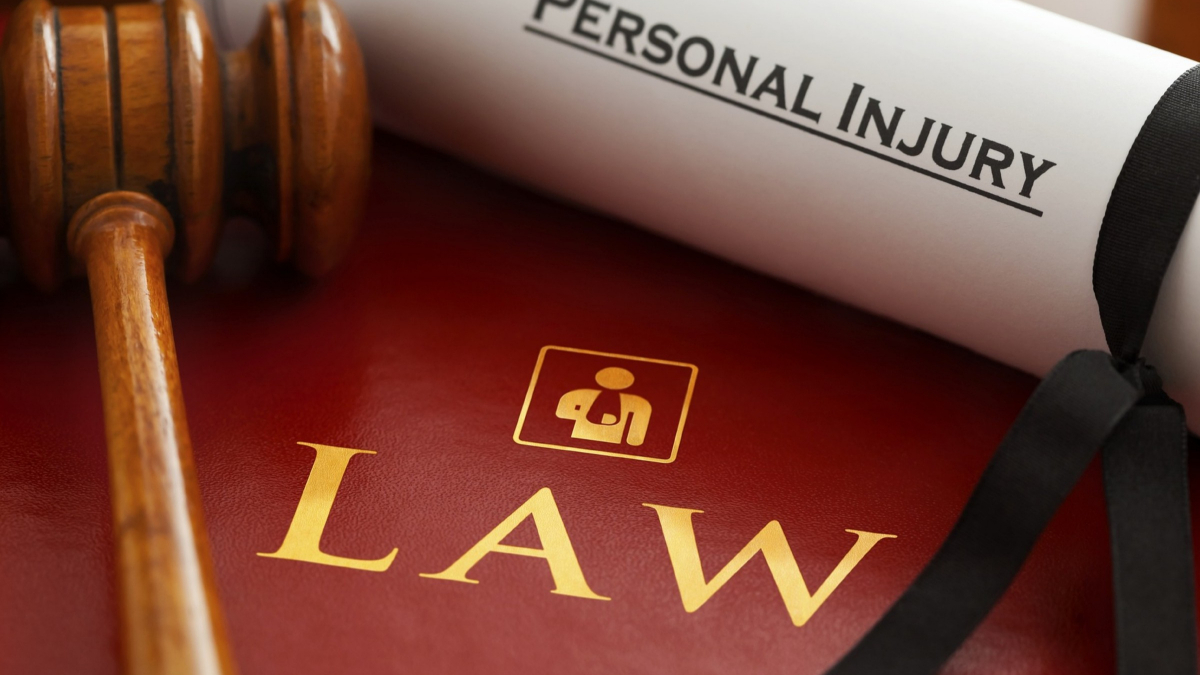If you watch television very long, chances are you will see dozens of ads for personal injury lawyers. They tout huge settlements and working hard for you — and, the fact is, the claims they make in their commercials are generally true. But how can you find the perfect personal injury lawyer to represent you in your case?
Make sure your lawyer’s expertise matches your claim.
Personal injury is an area of law that covers medical malpractice, car crash injuries, defective product claims, defamation, dog bites, and much more. No personal injury attorney can develop expertise in representing plaintiffs in every kind of personal injury claim, while you can be sure that insurance companies and well-financed businesses will retain defense counsel with extensive experience in shooting down your kind of claim.
Most attorneys will tell you the kinds of cases they take in their advertisements and on their websites. Don’t hesitate to ask your personal attorney for an introduction or use a local lawyer referral service.
Discuss fees before you sign with your lawyer.
Many but not all lawyers take personal injury claims on a contingency fee basis. A typical contingency fee is 33-1/3 percent. In that case, if the court awards you $300,000, your lawyer will charge $100,000 and you will receive $200,000.
Some personal injury attorneys charge considerably more than 33-1/3 percent for their contingency fee, and will also withhold “expenses” of trial, such as payments for private investigators and expert witnesses. You need to know all pertinent fees for your representation before you agree to allow any lawyer to represent you. If an attorney thinks there is no chance of winning, they should tell you and you should owe them nothing.
Once you have found your perfect law firm, there is one very important rule you must follow for them to give you perfect representation.
Let your lawyer review any settlement paperwork before you sign.
After you file suit, you should not receive any communications from the person you are suing or their insurance companies. These “ex parte” communications can be unlawful and even a cause for an attorney to be disbarred. However, that doesn’t mean you won’t be presented with an opportunity to settle out of court.
It is often better to settle rather than to go to court and take your chances with a judge and jury. However, if you are offered a settlement, be sure to have your attorney review it before you sign. When you are in a court case, the other side’s attorney never acts as your friend.


